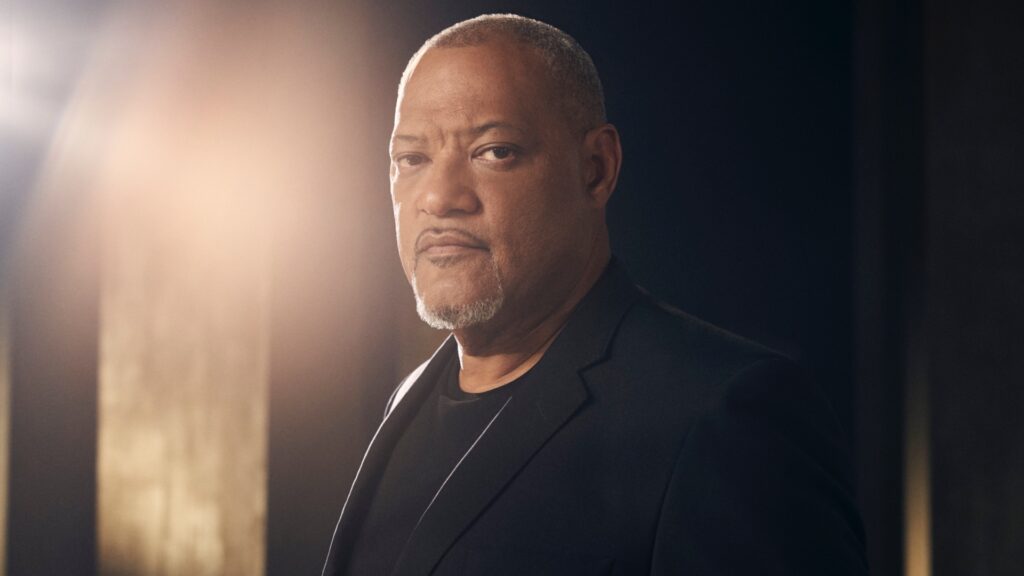
Introduction
Laurence Fishburne is a name that resonates in the realms of film, television, and theater. Renowned for his powerful performances and commanding screen presence, Fishburne has become a highly respected figure in the entertainment industry. As we navigate through his career milestones and contributions, it is important to recognize the impact he has had on Hollywood and beyond, particularly in the representation of Black actors in leading roles.
Early Life and Beginnings
Born on July 30, 1961, in Augusta, Georgia, Laurence Fishburne moved to Brooklyn, New York as a child. His passion for acting manifested early, leading him to enroll in the High School of the Performing Arts. At just 12 years old, he began his career by appearing in the soap opera ‘One Life to Live’ and made his film debut in ‘Cornbread, Earl and Me’ at age 14. These early roles laid the groundwork for what would become a diverse and illustrious career.
Breakthrough Roles
Fishburne gained widespread recognition for his role as Tyrone in the 1991 film ‘Boyz n the Hood’. His performance showcased his talent and ability to tackle complex characters. However, it was his portrayal of Morpheus in the ‘Matrix’ trilogy (1999-2003) that solidified his status as a leading man in Hollywood. The success of the franchise not only earned him critical acclaim but also made him a household name.
Television and Recent Work
In addition to his remarkable film career, Fishburne has also made significant contributions to television. Notably, he starred as Dr. Raymond Langston in the series ‘CSI: Crime Scene Investigation’, building a unique presence on the small screen. Moreover, in more recent years, he has taken on roles in projects such as the ‘Black-ish’ comedy series, where his portrayal of Earl ‘Pops’ Johnson has been celebrated.
Contributions Beyond Acting
Fishburne’s influence extends beyond acting; he has been a strong advocate for the arts and philanthropy. His commitment to mentoring young actors and supporting various charitable organizations highlights his dedication to uplifting the community. Moreover, his efforts to promote diversity and inclusion within the entertainment industry continue to inspire future generations.
Conclusion
Laurence Fishburne’s career is a testament to the power of talent, resilience, and advocacy. He has not only entertained audiences for decades but has also paved the way for more inclusive representation in Hollywood. As he continues to evolve as an artist, we can expect to see more groundbreaking performances from this versatile actor. Laurence Fishburne remains not only a significant figure in entertainment but also a role model for aspiring actors everywhere.



